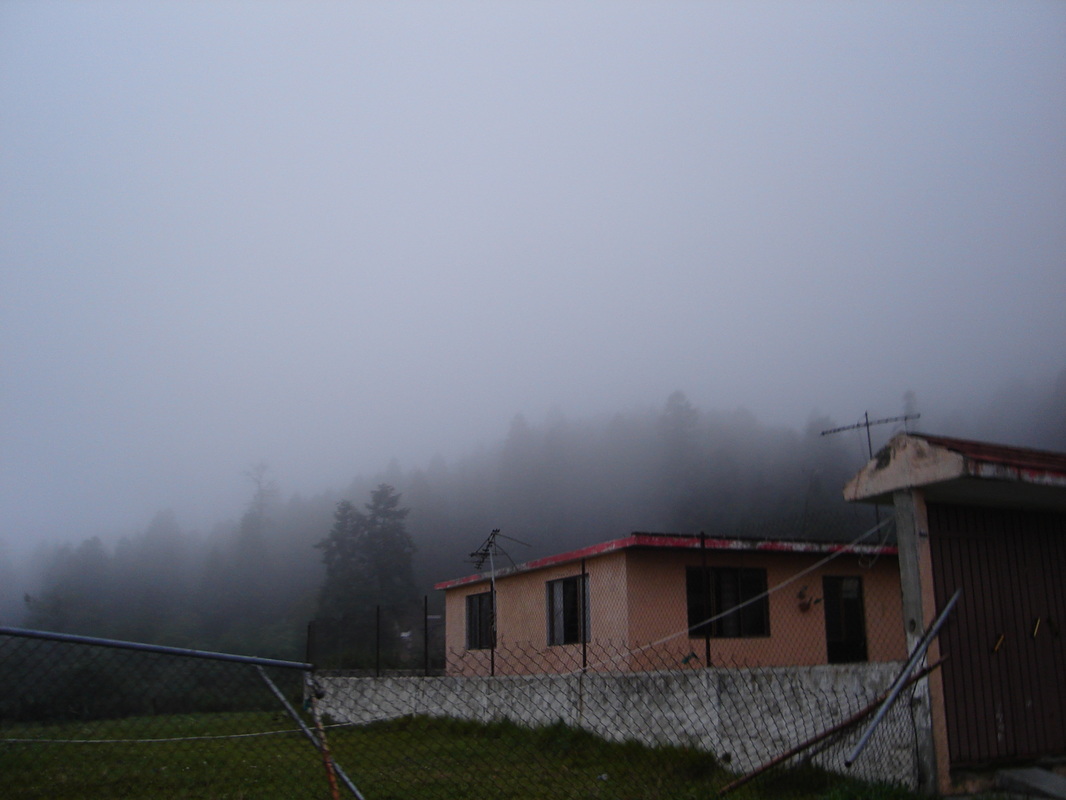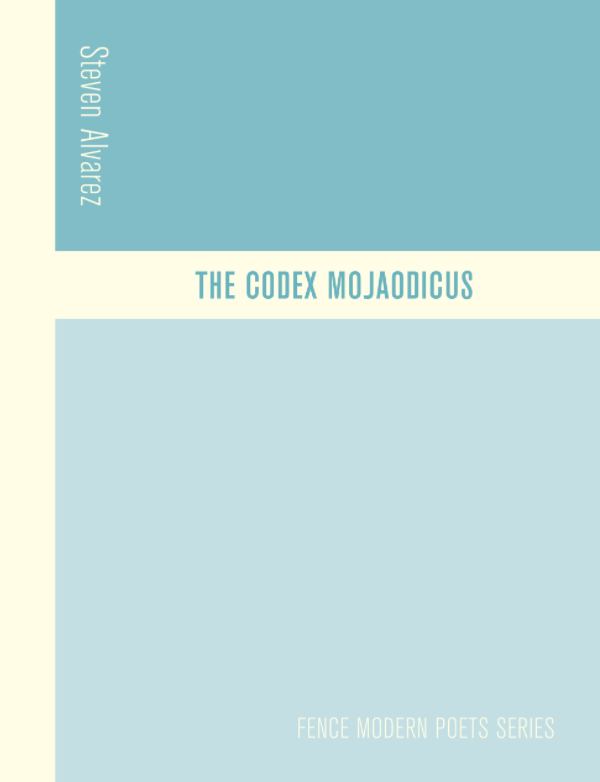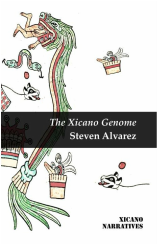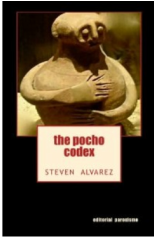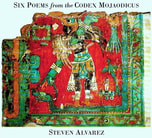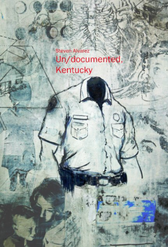I think I may have found a common thread to pull at any rate. Allow me to list:
1. Bloch realized that he had not been watching the hawk fluttering and diving
but the spot in the field for which the bird would presumably head (33).
2. He watched a dog running toward a man in a field; then he realized that he
was not watching the dog any more but the man, who was moving like
somebody trying to block somebody else’s way (101).
3. On the ground in front of him a different picture: ants approaching a crumb of
bread. He realized once again that he wasn’t watching the ants but, on the
contrary, the fly sitting on the bread crumb (101).
4. Bloch saw the other spectators around him talking to each other. He did not
watch the one who happened to be speaking but always watched the one
who was listening (132).
These passages all lead to the grand finale scene; Bloch watches the goalie and describes his “unnatural” way of viewing the movement of the game:
“It’s very difficult to take your eyes off the forwards and the ball and watch the goalie,” Bloch said. “You have to tear yourself away from the ball; it’s a completely unnatural thing to do.” Instead of seeing the ball, you saw how the goalkeeper ran back and forth with his hands on his thighs, how he bent to the left and right and screamed at his defense (132).
He adds:
“The goalkeeper is trying to figure out which corner the kicker will send the ball into,” Bloch said. “If he knows the kicker, he knows which corner he usually goes for. But maybe the kicker is also counting on the goalie’s figuring this out. So the goalie goes on figuring that just today the ball might go into the other corner. But what if the kicker follows the goalkeeper’s thinking and plans to shoot into the corner after all? And so on, and so on” (133).
Is it too farfetched to say Bloch finds the defensive position as exciting as the offensive? Perhaps this might be telling a reader how to read the text? To read defensively? What does that mean? To watch oneself read? I ask myself, is reading an offensive or defensive act? Seems to me reading for pleasure is like being on the offense and reading for everything else is defensive. I’m sure this makes little sense, though I myself am still trying to make sense of the novel.
Also, what of this passage from the guard about dealing with those trying to give him the “slip”:
“Actually, there aren’t any hard-and-fast rules,” said the guard. “You’re always at a disadvantage because the other guy also watches to see how you’re reacting to him. All you can ever do is react. And when he starts to run, he’ll change his direction after the first step and you’re the one whose weight is on the wrong foot” (121).
Sounds almost word for word what Bloch said above about goalies. How to read this? Maybe we should refer back to a passage earlier in the novel when Bloch thinks, “Again it seemed as if he should be seeing all this only in a figurative sense” (74). It seemed? Maybe this thread only seems to make figurative sense--how I’ve been trained to read; my training, in a sense, is a defensive mechanism. I can say that reading this novel makes me aware of my own strategic points of attack of dissecting a literary work. That none of this leads me anywhere with this novel seems to say something as well. The text moves one way, I react, the text moves another, I react, the text gives me the slip overall. All my weight is on one foot, so to speak, and maybe I should stop watching the ball and watch myself. Maybe watching myself read the text is the real pleasure I should be gaining from The Goalie’s Anxiety at the Penalty Kick, which, if the binary I made earlier opposing reading offensively for pleasure and defensively for everything else still stands, then it stands corrected. Barthes: “What pleasure wants is the site of a loss, the seam, the cut, the deflation, the dissolve which seizes the subject in the midst of bliss” (The Pleasure of the Text, 7). Reading the story, I seem to become a character, dissolve between the offense and defense, which must be blissful (since this is my favorite text I’ve read for the class this semester). So the goalie’s anxiety is really my anxiety, which is really the edge where the death of my analytical training occurs--which is fine with me because it hurts so good to know analysis can lose itself in me (sometimes).
Tucson, 2003
